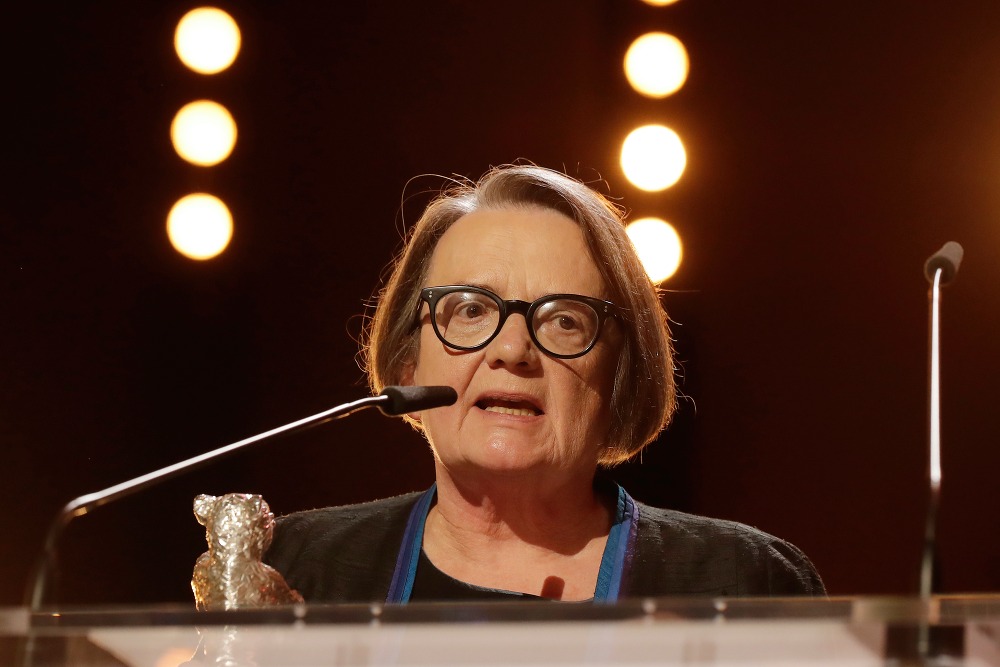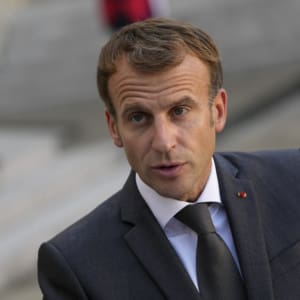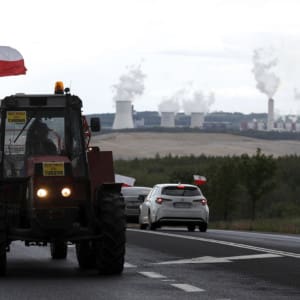A disgusting and immoral narrative which is trying to equalize the defenders of Polish borders with criminals known from history is gaining traction. Soon enough, (this can be expected), the Polish opposition and their media allies will pick it up. They are reaching for this tool because they already know that the hysterical circus of opposition politicians on the Polish-Belarusian border was rejected by Poles.
Instead of reflecting on the situation, as usual they are trying to raise the level of political and emotional heat. I cannot, however, tell whether they are guided by statehood immaturity or are consciously playing in Lukashenko’s orchestra.
The famous Polish film director, Agnieszka Holland, has reached for a banal and false comparison of the Border Guard with the officers guarding the Berlin Wall.
“For some time, I have had the feeling that what is happening now, that the Holocaust and gulag vaccine have stopped working and that the times of hatred may soon come back. Or even are coming back,” she said.
“I do not agree with putting the soldiers of the Polish Border Guard in the roles of the guards of the Berlin Wall. I do not agree with local populations playing the role of informants and for them to not offer bread to the starving before calling the police. This is weighing down upon us as a community,” Holland stated while receiving her award for lifetime work at the Gdynia film festival.
Agnieszka Holland, Polish film director:
I do not agree with putting the soldiers of the Polish Border Guard in the roles of the guards of the Berlin Wall.
One small difference escaped the director, a fundamental difference for any and all reflections about the essence of the 1961 Berlin Wall: it was built and developed for years to keep its own citizens under control. East German citizens were the ones who mainly died there while trying to escape to the West from a communist state. How can this even be compared with a state that is trying to defend itself from Eastern aggression?
Purposefully, I have brought up the fragment of the director’s speech on the Second World War. These subplots are consciously being brought into the story about Poland opposing hybrid warfare and Poles’ reactions to the border crisis.
A multipronged goal is being pursued here: Lukashenko’s actions are being omitted despite them being well known, which involve his efforts to bring in migrants and release them on the border. In the story regarding communist Germany, however, the refugees fleeing from there were not being forced by their own government to cross.
Moreover, the lie about the alleged participation of Poles in the Holocaust compiles with the left’s thesis about the supposed similarities with the humanitarian situation at the Polish border.
And this is how an emotional image is being created to manipulate the public.
This is why we should emphasize wherever we can that the Polish historical experience has one foundation: when the Polish state weakens, it disappears and breaks apart. It gives into opponents. And when we lose the ability to defend our own borders, the fate of all Poles and other citizens becomes a tragedy.






